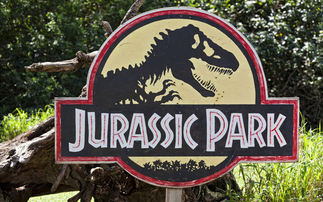What sort of boss does the flagging microblogging site need next?
Twitter CEO Dick Costolo is leaving the social media company. The decision - which was apparently Costolo's - was announced by the CEO himself late yesterday. Co-founder Jack Dorsey is to replace C...
To continue reading this article...
Join Computing
- Unlimited access to real-time news, analysis and opinion from the technology industry
- Receive important and breaking news in our daily newsletter
- Be the first to hear about our events and awards programmes
- Join live member only interviews with IT leaders at the ‘IT Lounge’; your chance to ask your burning tech questions and have them answered
- Access to the Computing Delta hub providing market intelligence and research
- Receive our members-only newsletter with exclusive opinion pieces from senior IT Leaders






















